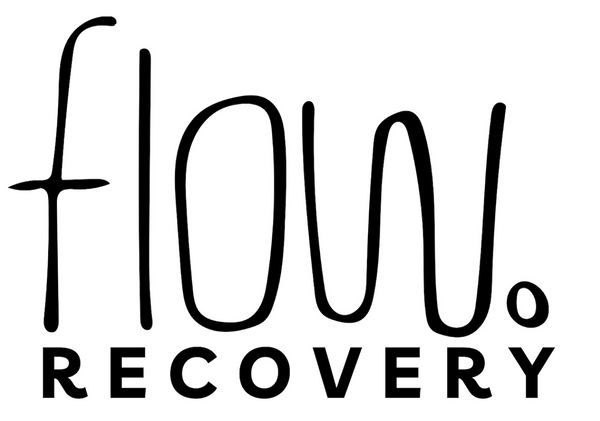Ice baths, once largely associated with athletic recovery post exercise, are gaining popularity for their potential hormone boosting benefits. In this article, we will dive into the scientific research and the effects of ice baths on hormones.
Recently, several renowned researchers and scientists have weighed into the topic of ice baths for testosterone and hormones. These include Andrew Huberman, Rhonda Patrick and Susanna Soeberg. We’ve also provided a summary of our favourite research here.
Many people are seeking natural ways to boost testosterone and contribute to healthy hormone balance, and cold therapy may be a reliable and accessible way to do so.
How Ice Baths Affect Hormones
Cold exposure from an ice bath, cold plunge, cold shower or cryotherapy, triggers various hormonal responses and other intense physiological effects in the body. According to Dr Andrew Huberman, cold exposure activates the sympathetic nervous system, leading to the release of the hormones adrenaline and noradrenaline. These hormones play an important role in increasing focus, alertness, and overall energy levels.
Additionally, cold exposure has been shown to increase the production of endorphins, commonly known as "feel-good" hormones. These endorphins contribute to a sense of euphoria, positively impacting mood and overall hormonal balance.
Although much of the evidence behind the effects of ice baths on boosting testosterone is still anecdotal, there is a strong link between the dopamine pathway and increases in testosterone. Noting that cold water immersion can boost dopamine levels by 250%, the likelihood of this causing increases in T levels are high.
Dr Thomas Seager, completely by accident, discovered at a routine blood test that at the age of 52, taking ice baths pre-exercise had increased his testosterone to the level typical of a 19 year old male. He then proceeded to research to see what he could find out about this phenomenon and discovered a 1991 study from Japan. The study that found that when researchers subjected participants to cold exposure after exercise testosterone dropped (for the short term) but when subjected to cold exposure before exercise, they observed a jump in both lutenizing hormone and
testosterone levels. This is just one data point, and there has been no subsequent controlled study, but it is an interesting finding nonetheless.
So, should I do an ice bath before or after a workout?
The timing of ice baths in relation to workouts depends on the desired goals. Pre-workout ice baths may help enhance alertness, focus, circulation and testosterone. Post-workout ice baths can aid in reducing inflammation, promoting recovery, and soothing sore muscles. Experiment with both approaches to determine what works best for your body and training regimen.
Do ice baths really boost testosterone?
While cold exposure, including ice baths, may temporarily increase testosterone levels, the long-term effects on testosterone production are still being studied. It's important to consider that the overall impact of ice baths on testosterone levels may vary among individuals. Lifestyle factors, genetics, and other health variables also contribute to testosterone production.
Conclusion on Ice Baths & Hormones
Ice baths have shown promise in positively influencing hormone levels and reproductive health. The release of adrenaline, endorphins, and luteinizing hormone contributes to improved energy, mood, and sexual function. Cold plunges may further enhance reproductive health in both men and women.
However, individual responses and considerations should be taken into account when incorporating ice baths into a wellness routine. Consultation with healthcare professionals and further research are advised for specific cases or concerns.
Keen to try it for yourself? Check out our portable ice bath here.


